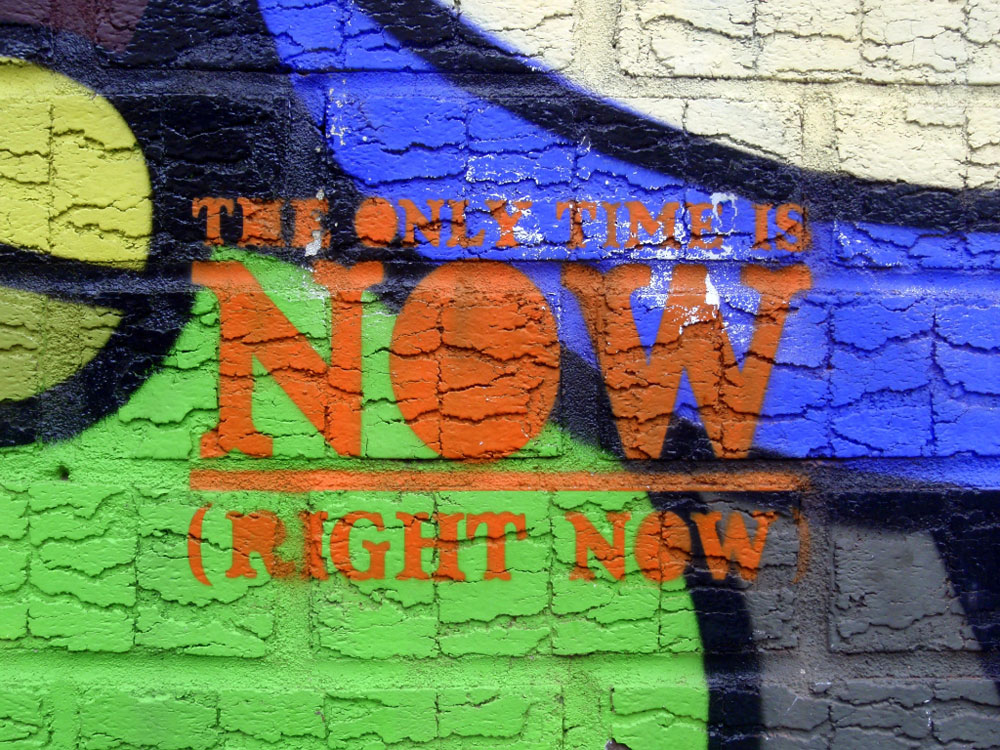
September 3, 2020, Duluth News Tribune
It’s a good thing when an article in a major local newspaper about what communities need from nonprofits—and what nonprofits need from government—comes not from you but from your federal legislator. Even better is when that article comes across as reasonable, well informed, and passionate. That’s part of what it will take for our communities to turn the blind corner ahead, and it is what we see in this strong column by Senator Amy Klobuchar (D-MN), backing a vital proposal now languishing in congress.
This past May, Sen. Klobuchar, along with Senators Sherrod Brown (D-OH), Brian Schatz (D-HI), and Ron Wyden (D-OR), introduced $50-billion legislation to help nonprofit organizations meet increased demand for their services due to the pandemic. The goal of the WORK NOW Act (Work Opportunities and Resources to Keep Nonprofit Organizations Well) is to create a new grant program to help nonprofit organizations retain their employees, scale their service delivery, and provide unemployed Americans with new jobs serving their communities.
As Wyden put it:
Our bill would provide needed resources to overwhelmed charities and help connect them with workers who are unemployed. It’s critical that organizations like food banks have both the funding and manpower needed to serve their communities during this unprecedented economic and public health crisis.
Under the proposal, the Treasury Department would distribute 78 percent of the money as block grants to local and state governments and 2 percent to Indian tribes. National or regional nonprofits providing administrative and support services to a network of affiliates, members, or branches would get the remaining 20 percent of the money.
Sign up for our free newsletters
Subscribe to NPQ's newsletters to have our top stories delivered directly to your inbox.
By signing up, you agree to our privacy policy and terms of use, and to receive messages from NPQ and our partners.
Organizations seeking funds would need to submit applications to their respective local and state governments and Native American nations, who could award grants up to $3 million. Priority will be given to organizations in rural areas as well as those addressing public needs that have grown due to the pandemic and the associated economic crisis. This includes direct services organizations, which provide help with basic needs like housing and food to help people stabilize their lives.
Each grantee would have to use at least 60 percent of the funds they receive for employee compensation. Organizations could also use a portion of funds to innovate and develop new service models to meet needs resulting from the pandemic.
As shared by Law360 Tax Authority, Gene Takagi of the NEO Law Group (and the board of Nonprofit Quarterly) says he hopes the $50 billion will be a starting point for understanding how a reinforced charitable sector could aid in the country’s recovery. He expects much of the hiring under the measure would consist of rehiring laid-off or furloughed employees.
These senators are taking a bold action to help our social sector keep all of their doors open. With the endorsement of the National Council of Nonprofits and groups such as the Boys and Girls Club of America, United Way, and YMCA, this legislation could mobilize resources to put Americans who are recently unemployed back to work helping nonprofit organizations meet the massive needs of this moment.
This bill only goes places, of course, if you make it your business, holding town meetings and local fora to grab local federal legislators’ attention. That’s how democracy functions; it only works if you work it, and your local state association is there to help you make it happen.—Deidre Fraser










